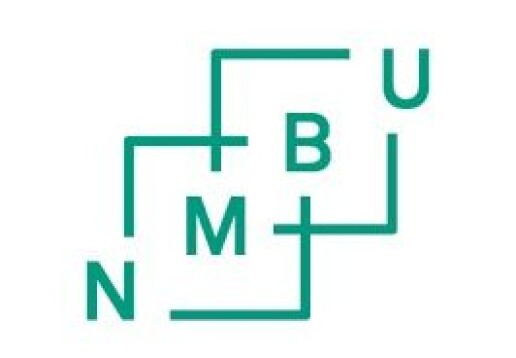THIS ARTICLE/PRESS RELEASE IS PAID FOR AND PRESENTED BY the Norwegian University of Life Sciences (NMBU) - read more

How does upbringing affect your likelihood of developing obesity and cardiovascular disease?
A new study shows that the parents, aunts and uncles of young overweight adults have a greater risk of dying from cardiovascular disease. Is this the result of nature or nurture?
The link between obesity and being overweight in childhood, and a higher risk of cardiovascular disease in adulthood, has long been known. However, it is not as clear what causes this link. Is it due to specific genes making some people more prone to both being overweight and developing cardiovascular disease? Or are nurture and lifestyle to blame?
In a new study, Marte Karoline Råberg Kjøllesdal, Associate Professor at the Faculty of Landscape and Society at NMBU, has attempted to come closer to finding the answer. She has done this by linking the health information of around 396,500 Norwegians eligible for national service with the health information of their parents, uncles and aunts.
Included uncles and aunts
The study, which has been published in the International Journal of Obesity has been conducted in cooperation with researchers at the Norwegian Institute of Public Health, the University of Oslo and the University of Bristol. The study differs from earlier studies in that it includes the aunts and uncles of young overweight adults.
“In a number of previous studies, researchers have looked at the link between the birth weight of newborns and cardiovascular disease in their parents,” explains Kjøllesdal, and continues:
“The idea has been that if there is a strong link between the newborn’s birth weight and the mother having cardiovascular disease, this may be due to conditions in the womb, which is influenced by what the mother does during pregnancy. In other words: The thinking has been that nurture has been most important. If this link is as strong with the father, the thinking has then been that this is largely due to genes.”
“The challenge in this research has been distinguishing between the influence of genes and the influence of nurture, because the mother and father share the environment they live in. They generally live together and have the same lifestyle. Including aunts and uncles in the research design means we can draw more conclusions about the relative significance of nurture and genes.”
Yes to both
It emerged that the parents of young people eligible for national service with a high BMI had a greater risk of dying from cardiovascular disease than the parents of normal-weight young people eligible for national service.
The uncles and aunts of young overweight people eligible for national service had a slightly higher risk of serious cardiovascular disease, but not as high as their parents.
In a sub-sample of participants, the researchers checked for different risk factors for cardiovascular disease, such as smoking, high cholesterol, whether the participants had taken blood pressure medication, and so on. The link between high BMI in young people eligible for national service and cardiovascular disease in their relatives was not as clear here.
“It thus appears that upbringing, i.e. the factors a family share in the environment do play a part, as well as genes,” says Kjøllesdal and elaborates:
“We see a link both in the parents and aunts and uncles, but this link is stronger in parents than in aunts and uncles. This means that we believe genes play a part. We also see that the link becomes weaker when we adjust for risk factors, which suggests that environment and lifestyle are important.”
According to Kjøllesdal, the fact that the link is stronger in parents may also be an argument supporting the influence of nurture. Parents, aunts and uncles may share some lifestyle characteristics, but children do not live as closely with aunts and uncles as they do with their parents.
Preventive work may help
Kjøllesdal underlines that it is not yet possible to pinpoint exactly how important a role genes and the environment play, respectively, though there is no doubt that they both play a part.
“But what family you are born into appears to play a part in the link between BMI and cardiovascular disease. And now that we also see that environment plays a major role, it means that we envisage preventive work with families and childhood environments proving effective,” says Kjøllesdal.
“It has to do with getting people to give up bad habits. Habits that are often passed from generation to generation. Breaking that kind of pattern may well help.”
See more content from NMBU:
-
Shopping centres contribute to better health and quality of life
-
We're eating more cashew nuts – and the consequences are serious
-
Do young people with immigrant parents have better health?
-
Who’s picking your strawberries this summer?
-
Can coffee grounds and eggshells be turned into fuel?
-
Rising housing costs fuel inequality in Norway





































